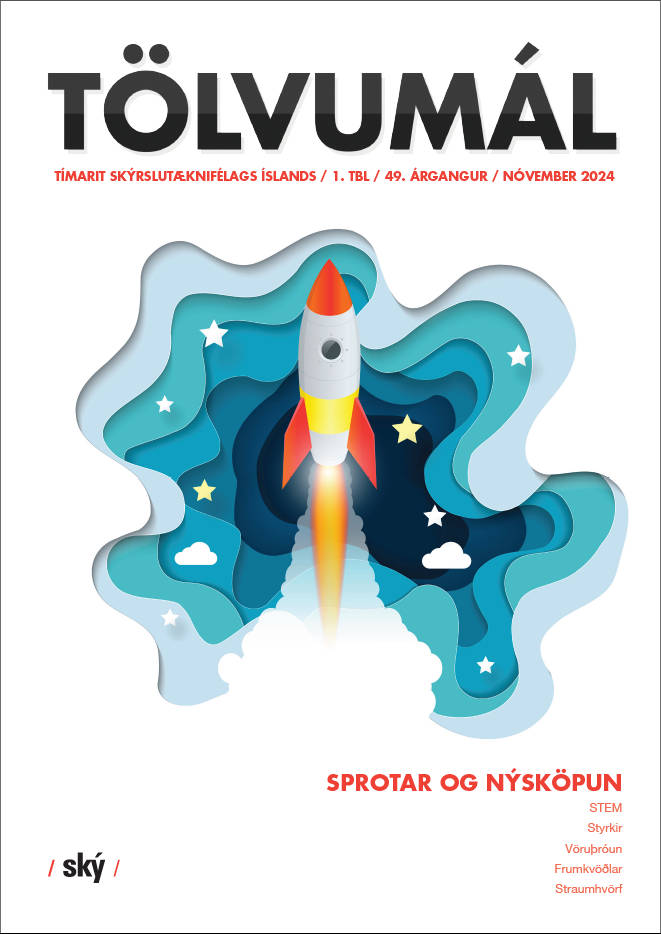
Retaining Innovation: European Efforts to Stop the Startup Brain Drain
 "Startup Brain Drain" - A reoccurring trend of European Startups relocating to the USA. This migration is driven strongly by the charm of the numerous advantages of moving to renowned tech hubs such as Silicon Valley and New York.
"Startup Brain Drain" - A reoccurring trend of European Startups relocating to the USA. This migration is driven strongly by the charm of the numerous advantages of moving to renowned tech hubs such as Silicon Valley and New York.
There, startups can find larger pools of venture capital, a massive consumer base and an
ecosystem that has been developing and fostering over decades. For most European founders, the possibility of scaling quickly, gaining access to top-tier investors and plugging into this extensive network is invaluable.
Despite Europe’s thriving tech scenes, such as those in Berlin, Paris, and Stockholm, many startups still struggle with fragmented markets, regulatory hurdles, and limited funding opportunities. As a result, the U.S. remains the go-to launchpad for companies looking to expand their global footprint and secure rapid growth.
What position does this put the capital market of Europe?
Europe’s ability to retain its homegrown talent and foster sustainable innovation within its borders is in danger, while several organizations are attempting to face this dilemma.
A growing number of successful startups are emerging from Europe, but many of these founders face significant barriers that hinder long-term growth. Foremost, it is the limited access to venture capital. It is still very weak in comparison to the vast resources of the U.S. and European investors tend to be more risk-averse, leading to smaller funding rounds and slower growth opportunities. In addition to that, the bureaucratic complexity of operating in Europe is significantly more complex.
Many countries have difficult-to-navigate regulatory environments, especially for startups that want to scale across borders. Entrepreneurs often find themselves caught in webs of regulations when it comes to labor laws and taxes. In the U.S., policies are more startup-friendly, making expanding and scaling businesses rapidly easier.
I had the chance to question Valerie Bures, who is a Partner and Head of DACH at French VC Firm " Xange", about this particular matter and she notes that exit opportunities play a crucial role in the decision to relocate.
"Europe needs to create better exit possibilities for startups." - Bures emphasizes that corporations in Europe must follow a "buy instead of build" strategy and, through this, become more active in acquiring startups. Rather than investing in in-house development, European corporations need to recognize the value of gaining innovative startups to remain competitive. On top of that, Europe's stock exchanges lack the dynamism of their U.S. competitors. Bures suggests that "there needs to be a stronger European stock exchange to make IPOs (initial public offerings) more appealing."
One more challenge within Europe is the lack of a unified market. The fragmentation between borders depromotes cross-border trade and economic cooperation. Startups aiming to grow beyond their home country often face linguistic, cultural and again regulatory difficulties. Whereas in the U.S., the market functions as a union across the nation, with consistent rules and access to over 300 million customers.
Although these barriers exist for now, there are several European organizations working on changing the narrative and keeping talent and innovation on their continent. Despite these challenges, some Unicorns have stayed in Europe and experienced remarkable success. Sweden brings two highly valued players, "Klarna" and "Spotify" to the market that have grown into global powerhouses while maintaining their roots. They reached out to the right support systems, such as "Startup Sweden", Germany's "EXIST Program" and France’s "La French Tech", which support local startups and provide access to resources, funding and mentorship.
It is crucial for the continent's economic growth and job creation that more success stories like these two Swedish stars take place. It would contribute immensely to the innovative, technological and economic state of Europe, which could stimulate entire industries and build a strong independent tech ecosystem. The current European reliance on the U.S.s' tech and economic state creates vulnerabilities and reduces the ability of Europe to dictate its digital future.
By nurturing the talent that is so obviously wandering the continent, Europe can lead in global technological and economic advancements.
To ensure that Europe remains and rebuilds its reputation as a strong competitor in the global startup scene several improvements are fundamental. Harmonizing regulations across the E.U. would simplify scaling startups by reducing the complexities of cross-border businesses.
There have been significant efforts already to create stronger networks between European startup hubs that also foster greater collaboration. By creating forums, such as the European Entrepreneurs Forum, which is a private network of some of the most successful European entrepreneurs and politicians, there is ground for vital networking and insightful exchange on how the European capital market can be extended. This, together with possible incentives such as tax breaks and grants for founders and investors, drives long-term startup growth. Existing programs such as "Horizon Europe" also offer substantial funding for research and innovation, which enables startups to remain competitive on a global scale, not only retaining more startups but also attracting international talent.
Essentially the "Startup Brain Drain" at its' core highlights the need for systematic changes in the European entrepreneurial landscape. There has been enough proof of successful companies thriving in this market, which provides hope that with the right support, structure and layout, Europe can become the bigger and better Silicon Valley. Programs like Horizon Europe already lay the groundwork for innovation, and by continuing to nurture talent, Europe has the potential to lead in global technology and business, ensuring a more resilient and independent future.
"All it takes" for startups to flourish in Europe is harmonized regulations, increased access to capital and fostered collaborations.
Author: Emilie Victoria Bönström, student at Reykjavik University
Sources:
1. BNP Paribas - Capital Markets Union: Unlocking the Potential of Europe’s Capital Markets: https://cib.bnpparibas/capital-markets-union-unlocking-the-potential-of-europes-capital-markets/
2. BNY Mellon - A Unified Capital Market for Europe: https://www.bny.com/corporate/global/en/insights/unified-capital-market-for-europe.html
3. Council of the European Union - What the EU is Doing to Deepen Its Capital Markets: https://www.consilium.europa.eu/en/policies/what-the-eu-is-doing-to-deepen-its-capital-markets/
4. U.S. Economic Development Administration - Regional Technology and Innovation Hubs Program: https://www.eda.gov/funding/programs/regional-technology-and-innovation-hubs#:~=The%20Tech%20Hubs%20Program%20aims,good%20jobs%20they%20create%2C%20to
5. Euractiv - Companies Switching from Europe to the U.S. Amid High Energy Costs: https://www.euractiv.com/section/politics/news/companies-switching-from-europe-to-us-amid-high-energy-costs/
6. Modern Diplomacy - U.S. Business Migration Grows: Europe Loses Top Startups in 2024: https://moderndiplomacy.eu/2024/08/27/us-business-migration-grows-europe-loses-top-sta rtups-in-2024/
Skil á efni
Leita í vefútgáfu Tölvumála
Um Tölvumál
Tölvumál - tímarit Skýrslutæknifélags Íslands er óháð tímarit um tölvutækni og hefur verið gefið út frá árinu 1976.
Vefútgáfa Tölvumála birtir vikulega nýja grein á vef Ský og árlega er gefið út veglegt prentað tímarit undir nafninu "Tölvumál" þar sem fjallað er um tölvutækni frá ýmsum sjónarhornum og er þema blaðsins jafnan valið snemma árs og útgáfa að hausti.
Ritnefnd Ský sér um að afla efni í Tölvumál og geta allir sem áhuga hafa sent inn efni.
